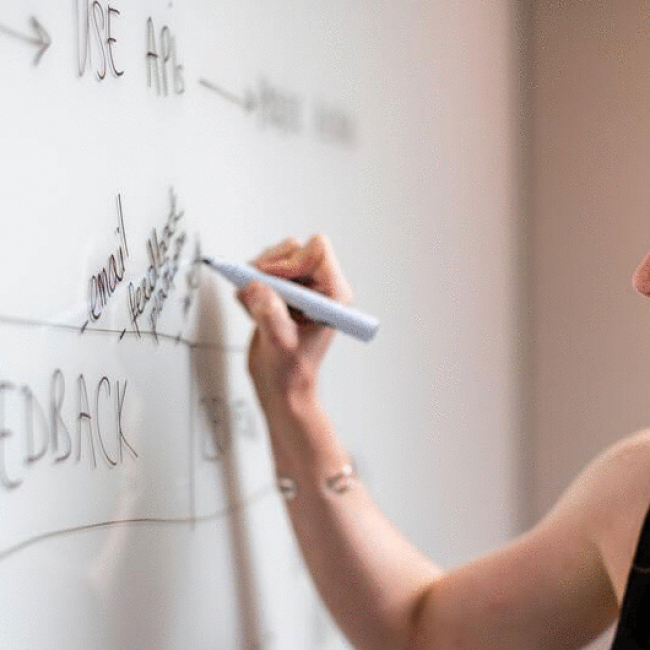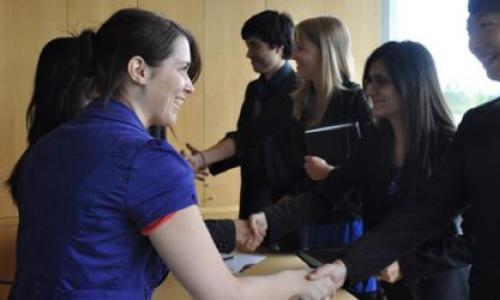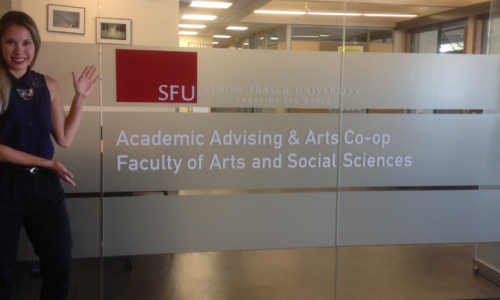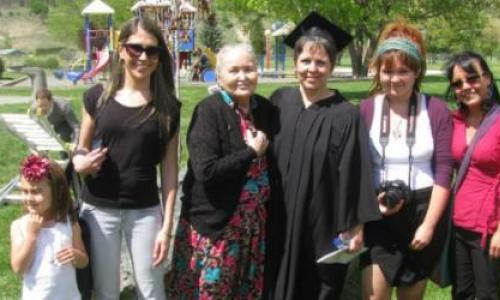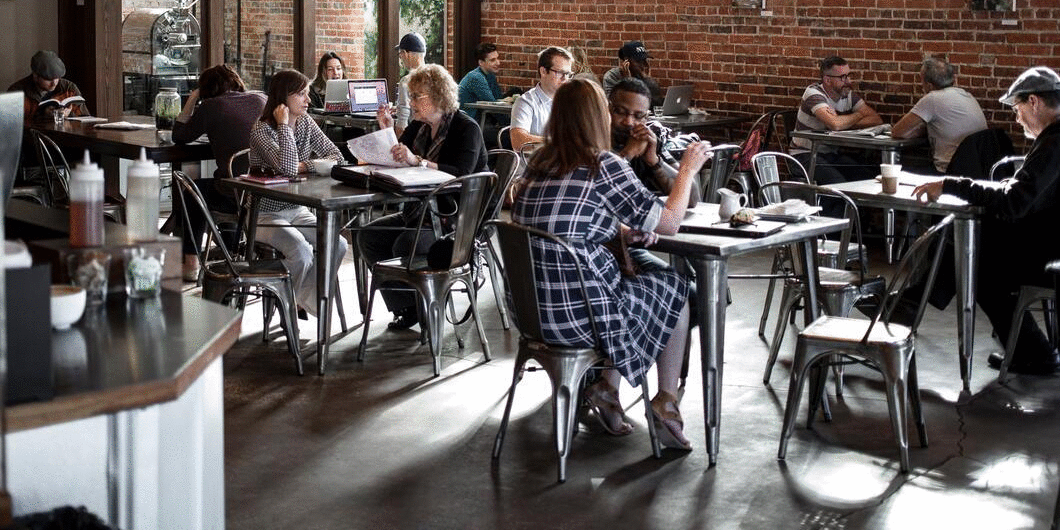
Purpose/Definition
Interviews conducted over coffee can be an interesting and new experience for many. As you can imagine, a coffee interview differs from a traditional interview in many ways, from length to the degree of formality. You may be wondering, why would a company offer to interview you over coffee or how do you begin to prepare? We hope to answer some of your questions today.
Firstly, why are coffee interviews conducted? There are several reasons as to why the company wants to conduct a coffee interview. Coffee interviews commonly serve as a stepping-stone for a formal interview. The interviewer may want to meet their potential employees in a more relaxed setting and see how they present themselves socially. In some cases, meeting clients and associates over coffee or a meal is part of your desired position. Conversely, there might be no specific job position and the company is recruiting for prospect employment opportunities, which is why the interview would rather assess your skills generally.
The Good
- A coffee interview is less formal than a typical interview and is more of a conversation. Although not any less more nerve-racking, a coffee interview allows for an equal interaction between you and the interviewer. You will find that you are now able to ask more relevant questions to keep the conversation engaging and going.
The Bad
- Because it is less formal, it may be easy to forget it is still an interview. In this case, you want to avoid being too casual with your body language, tone and actions. Everything you do will leave an impression: from how you greet the interviewer when you recognize them, to how you treat the waiter/barista or in some cases, to even what you do while waiting for them to arrive.
- The interview may be conducted in a distracting and noisy environment, which can make a focused interview difficult.
The Helpful
- Before the interview, confirm the exact location (including surrounding landmarks or streets) to ensure you will be going to the correct location. Make sure you have the interview’s contact information in case you need to communicate to find each other. It can be helpful to use the “Street View” in Google Maps to familiarize yourself with recognizable landmarks. Most importantly, ask how you may recognize them or arrange for them to recognize you.
- If you arrive first, try to choose a less noisy seating area. If the music is particularly loud, you could ask the manager to reduce the volume of the music.
- This is still an interview. Carry all your copies of your necessary documents within a file in a nice bag or briefcase. Prepare questions and do research just as you would for a typical interview.
- Dress smart and business casual. There is no need to dress formally.
- Try not to eat anything. It can be very distracting and messy to eat something while holding a conversation. If the interviewer insists that you get something to eat, try to choose something not messy. Flaky pastries or creamy foods are a riskier treat to eat. Try to stick to a drink that you can sip slowly throughout the meeting.
- There is no need to pay or to insist on paying for your coffee, as the company initiated the event.
- As mentioned, everything you do can be assessed, including how you say goodbye. Some little actions and interactions can leave an impression. For example, it may seem rude to not leave with the interviewer. It is best to walk the person out. By walking them out, you have another opportunity to leave a good, lasting impression and allows you to reiterate your interest in moving forward in the hiring process. However, avoid walking in the same direction as them after you have said your goodbyes. You may want to walk in the other direction and “explore” the surrounding area for a few minutes before heading in the same direction where your vehicle or nearest mode of transportation lies.
- After the interview (especially if there was no specific job position), make sure to send a thank you note as part of the usual interviewing etiquette.
Potential Questions
- Expect any basic interview questions by reviewing our Common Q's
- Be prepared for more tangential topics than you would expect from a normal interview. There may be more discussion about local news, culture or any general topic.
- Check out the other sections within the Interview Question Database that are Skill Specific such as Adaptability & Creativity or Growth Potential for reference.
Beyond the Blog
- Prepare for your upcoming interview with the Interview Question Database.










